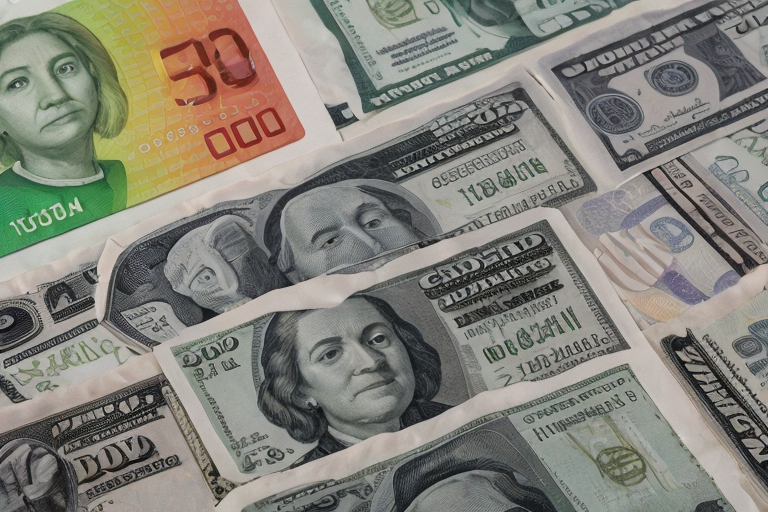The Consumer Financial Protection Bureau (CFPB) has revealed that it is currently probing “bait and switch” tactics employed by credit card reward and travel program providers. This investigation was announced by federal officials on Thursday following an assessment of over 300 complaints relating to the administration of these schemes. The CFPB found four major issues causing customers to fail to receive promised rewards, unexpected promotional conditions, devalued rewards, and redemption difficulties, as well as the possibility of revocation. CFPB Director Rohit Chopra claimed that credit card companies frequently hide intricate usage rules within the fine print when advertising initial benefits for signing up and utilizing their rewards cards. Customers have reported that the requirements listed in the small print of rewards program conditions and terms contradict marketing materials, resulting in “bait and switch” scenarios, according to the CFPB. Furthermore, clients have complained about partners in rewards programs reducing previously acquired awards by raising the necessary number of points or miles required for redemption. For example, in September, Delta Air Lines CEO Ed Bastian stated that the company was updating its loyalty programme following recent adjustments that made it more difficult to obtain elite status. Moreover, consumers have reported being unprotected from rewards program partner choices to withdraw benefits from rewards programs or boost requirements for attaining status. Credit card firms often utilize rewards programs as bait and switch strategies by hiding terms in ambiguous terminology or fine print and altering benefit values after people sign up and earn them, according to the CFPB. The CFPB has previously taken action against businesses such as American Express and Bank of America for engaging in unfair, deceptive, or abusive conduct related to rewards programs, the bureau added. FOX Business attempted to contact American Express and Bank of America for remark.
The CFPB’s investigation is part of a broader effort by the Biden administration to prohibit “junk fees,” which are regarded as concealed or misleading expenses imposed on consumers. The new regulation would apply to large credit card issuers, those with more than 1 million accounts, which account for more than 95% of overall outstanding credit card debt, according to the CFPB. This action is part of the Biden administration’s initiatives to alleviate economic burdens for many individuals. Many borrowers, particularly millennials and those who rent, however, are more prone to defaulting on loans as a result of this business model. As a result, the CFPB estimates that consumers will pay $800 million in late fees every month that the regulation is postponed, which would pad the profit margins of the biggest credit card issuers. The US Chamber of Commerce opposes the move, claiming that it would be “detrimental to the economy, stifle innovation, and harm access to credit.”
American Express is more vulnerable to significant shifts in consumer spending patterns than other credit card issuers due to the type of cardholder it attracts, but the sort of cardholders it draws makes it less impacted by loan defaults.



Leave a Reply